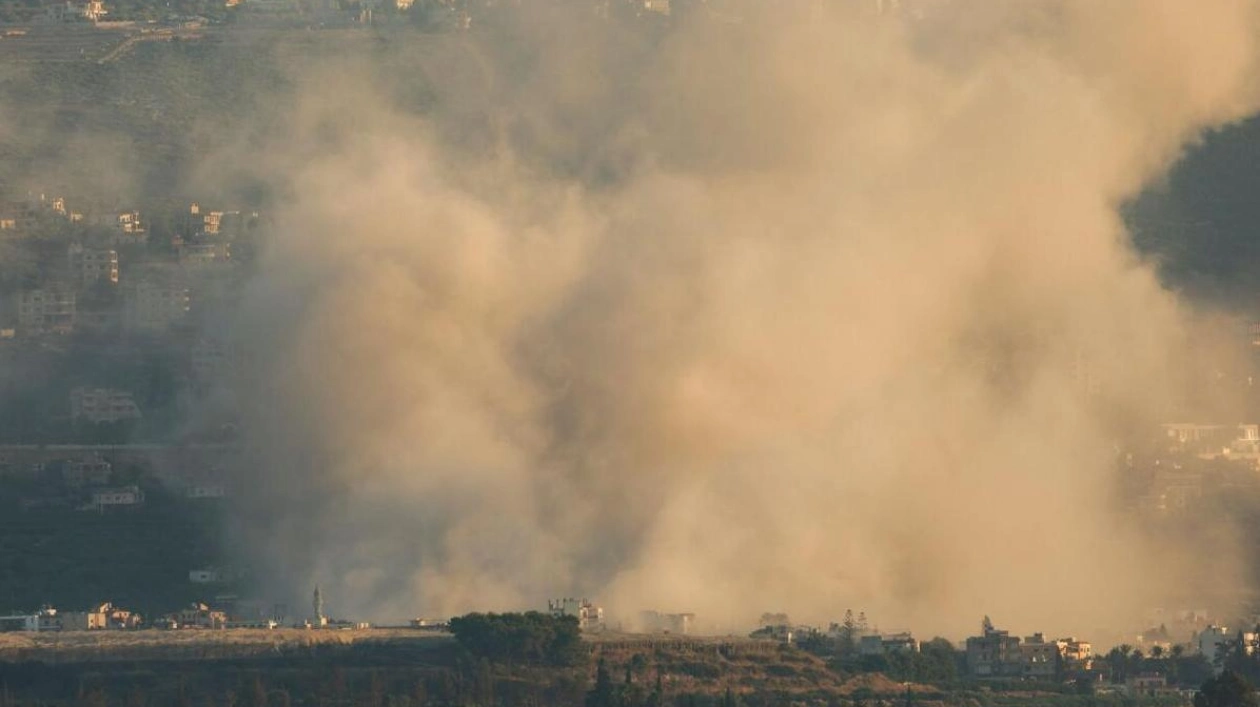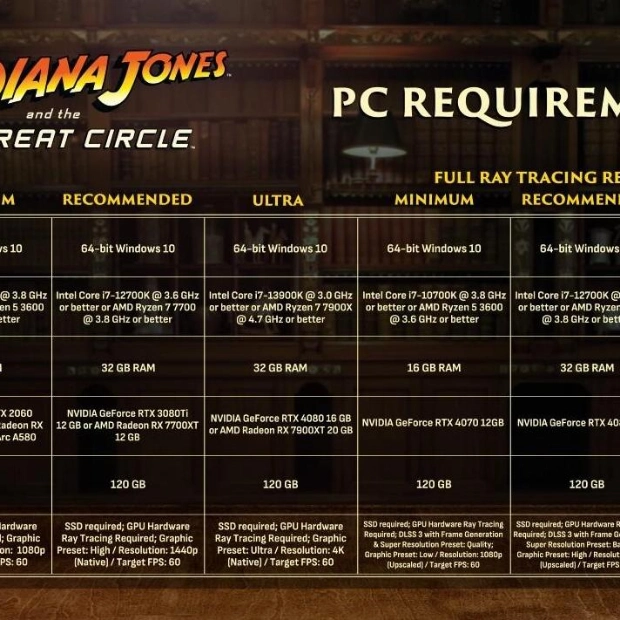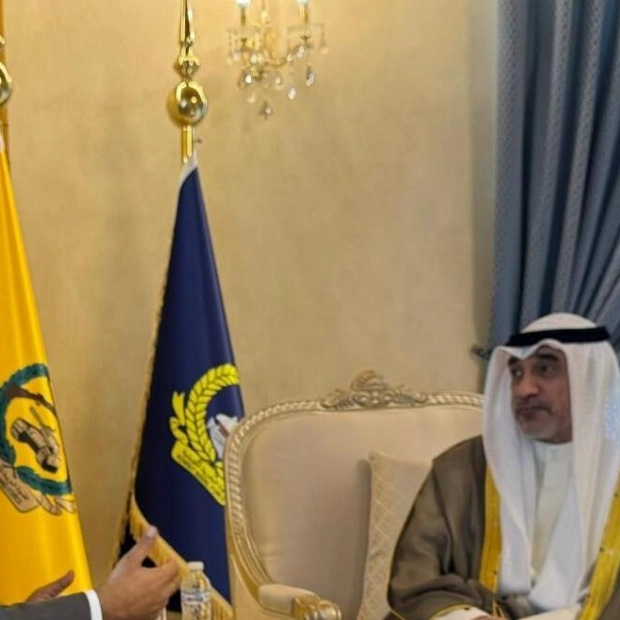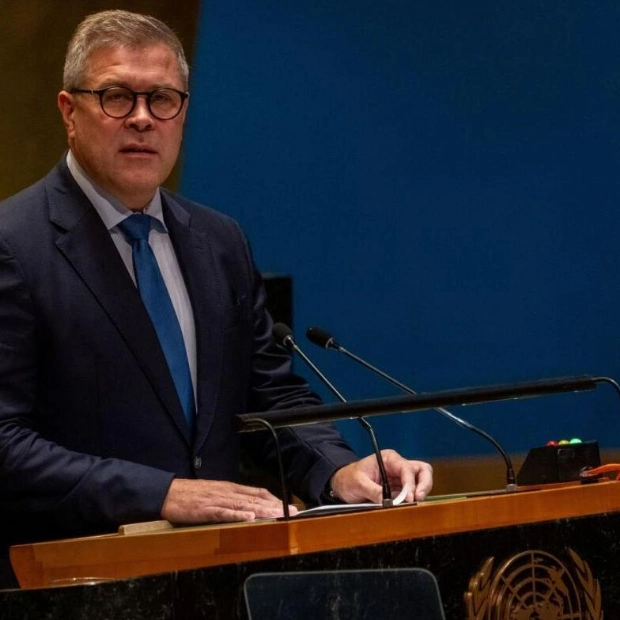Hezbollah reported on early Saturday that it was involved in skirmishes with Israeli forces near the Lebanese border, as tensions in the region continue to rise just two days before the Gaza war's one-year anniversary. Israeli enemy soldiers attempted to advance towards the municipality in the village of Adaysseh, and Hezbollah fighters met the attempt with resistance, resulting in ongoing clashes, according to a statement from the group. Hezbollah also claimed to have launched a 'rocket salvo' at troops in the Yarun area of south Lebanon, as well as at soldiers in two locations across the border with rockets. Earlier, the group stated that its fighters had compelled Israeli troops to 'retreat' in the same area.
In a separate incident, Saeed Atallah, a leader of Hamas' armed wing, the al-Qassam brigades, was killed along with three family members in an Israeli strike on a Palestinian refugee camp in the northern Lebanese city of Tripoli, as reported by Hamas-affiliated media on Saturday. Israel, meanwhile, said it had targeted the intelligence headquarters of Hezbollah in Beirut and was evaluating the damage after a series of strikes on key figures in the group, which Iran's Supreme Leader deemed counterproductive. The air attack on Beirut, part of a broader assault that has displaced over 1.2 million Lebanese, reportedly targeted the potential successor to Hezbollah leader Hassan Nasrallah, who was killed by Israel a week prior. The fate of Hashem Safieddine remains uncertain, with neither Israel nor Hezbollah providing any comment.
In response to Iran's ballistic missile attack on Tuesday, which was carried out in retaliation for Israel's military actions in Lebanon, Israel has been considering its options. US President Joe Biden suggested on Friday that he would explore alternatives to striking Iranian oil fields if he were in Israel's position, noting that Israel has not yet decided how to respond to Iran. Oil prices have surged amid the possibility of an attack on Iran's oil facilities as Israel aims to push back Hezbollah in Lebanon and eliminate their Hamas allies in Gaza. The Israeli military reported that approximately 70 projectiles were fired from Lebanon into Israeli territory on Friday evening, with most either intercepted or landing in open areas. Israel deployed ground forces into Lebanon this week following the Iranian missile attacks, stating that its operations are 'localized' in villages near the border but not specifying how far or how long they would extend into Lebanon.
Iranian leader Ayatollah Ali Khamenei addressed a large crowd in Tehran, asserting that Iran and its regional allies would not yield. He urged Israel's adversaries in the region to 'double your efforts and capabilities... and resist the aggressive enemy,' during a rare appearance leading Friday prayers, where he mentioned Nasrallah and deemed Iran's attack on Israel lawful and justified. Khamenei emphasized that Iran would neither 'procrastinate nor act hastily to carry out its duty' in confronting Israel. The semi-official Iranian news agency SNN quoted Revolutionary Guards deputy commander Ali Fadavi as stating on Friday that if Israel attacked, Tehran would target Israeli energy and gas installations. Iran's Foreign Minister Abbas Araqchi, during a visit to Beirut and meetings with top Lebanese officials, expressed Tehran's support for a ceasefire in Lebanon, provided it was endorsed by Hezbollah and coordinated with a Gaza ceasefire. Araqchi later arrived in Damascus to discuss regional developments and bilateral relations with Syrian officials, according to the Iranian foreign ministry spokesperson on Saturday.






